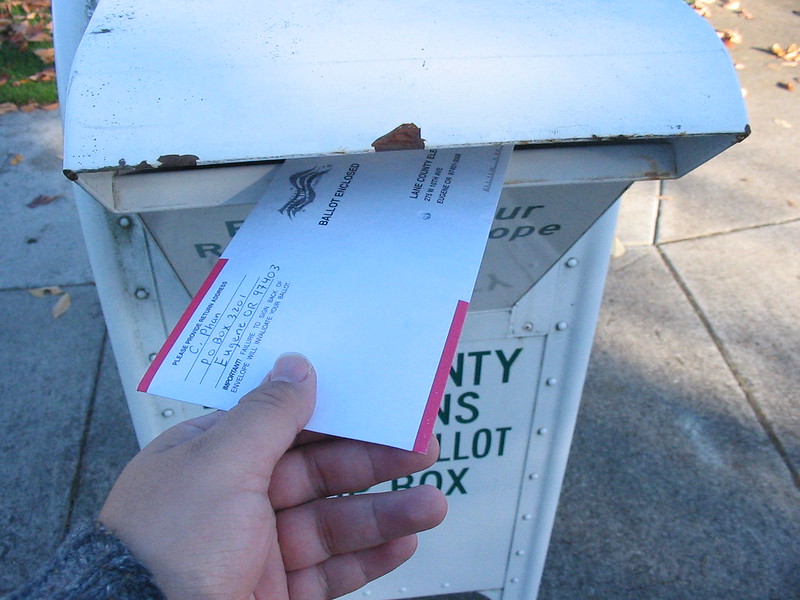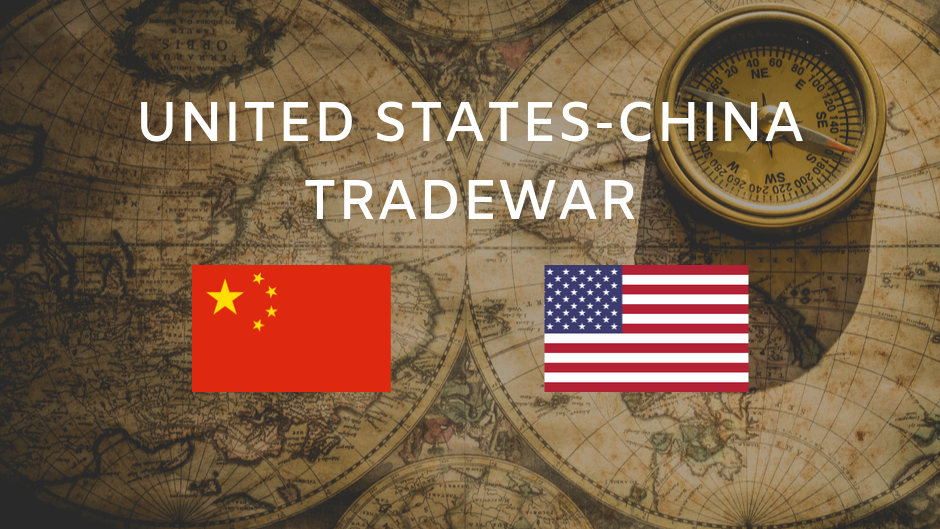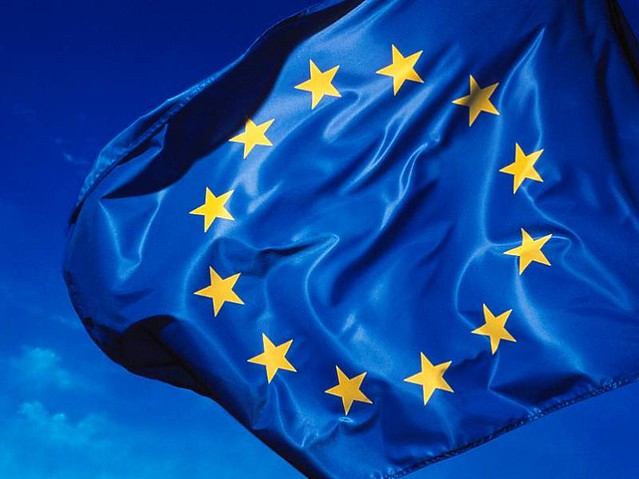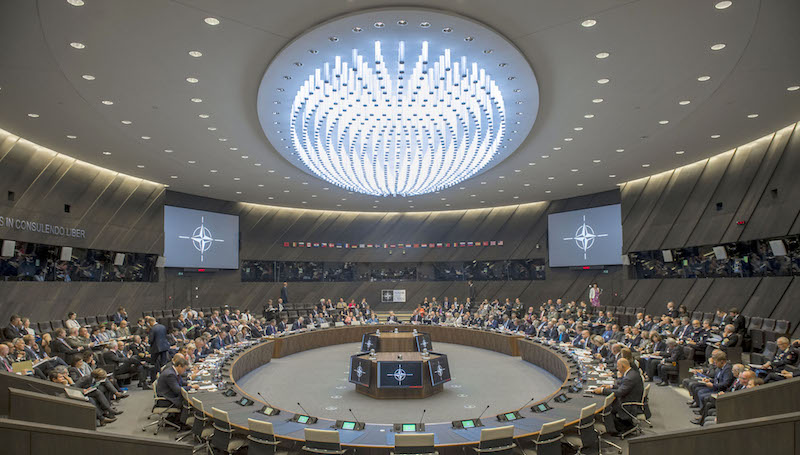The rise of conspiracy theory communities on the Internet… And in American politics Conspiracy theories are not a new phenomenon. However, in today’s digital environment, their role and importance has drastically changed. While these movements were previously mainly confined to obscure and secluded forums of the Internet, they now proliferate and flourish anywhere from Twitter Read More…
Tag: United States
Special Report: Is Voting By Mail A Safe And Viable Alternative To In-Person Voting?
Postal voting has become an increasingly polarized issue in the United-States as the presidential election approaches. In this special report, Chloe Ketels addresses voting by mail as a possible alternative to casting votes in person.
Is TikTok The Next Huawei? Why Some See a Video-Sharing App as a Threat to National Security
TikTok has been banned in India and the United States may follow suit. In his new article, Alex Johnson examines the TikTok controversy and assesses the app’s potential to compromise national security.
Euro-Caspian Energy Relations in the Post-COVID World
On 11 June 2020, Dr. Robert M. Cutler, Director of the Energy Security Program, spoke to a webinar “Energy Issues in the Post-Covid World”, organized by the Center for Analysis of International Relations, Baku, Azerbaijan. This is a transcript of his remarks.
United States-China Trade War (Infographic)
US-CHINA-TRADE-WARDownload Photo: United States of America Flag (1959), by Dbenbenn via Wikimedia Commons. Public Domain. Photo: China Flag (2009), by SKopp via Wikimedia Commons. Public Domain. Disclaimer: Any views or opinions expressed in articles are solely those of the authors and do not necessarily represent the views of the NATO Association of Canada.
International Trade Implications on Canadian Business
Following a press release the Director-General of the World Trade Organization (WTO), Roberto Azevêdo made remarks on the theme of slowing global trade growth earlier this year. In 2017, there was optimism of renewed momentum in global trade which was backed by a 4.6% growth. This period of broad-based growth lasted throughout 2017 and into Read More…
Growing Up, or Apart? : European Strategic Autonomy
The mutual dependency of nations for the purposes of protection is a normalized standard in international security. Yet, this complementary relationship is not one that is easily achieved and requires a lot to maintain. In recent years, the term ‘strategic autonomy’ has stimulated interest amongst a large European collective, producing both supporters and opponents of Read More…
Alternative Leadership in NATO
In this interesting publication, Taylor Allen forecasts the possibility of a NATO without American leadership amidst serious claims and criticisms from President Donald Trump.
Why We Have to Intervene After Chemical Attacks
The world may never agree on chemical weapons attacks. Buzz Lanthier-Rogers explains why that cannot, and does not, stop us from acting.
One for All and All for One: NATO, Stability, and the American National Interest
While world leaders question the usefulness of the international order, Justin Dell shows just how important NATO is to U.S. national interest.










